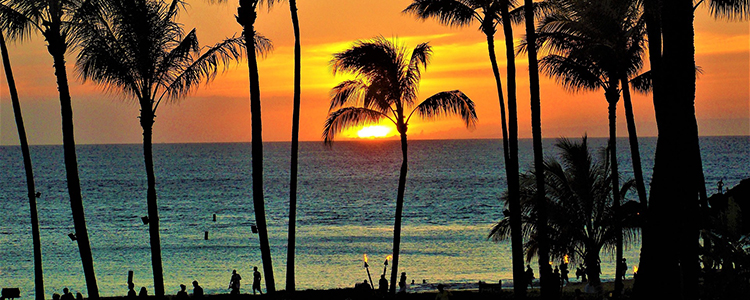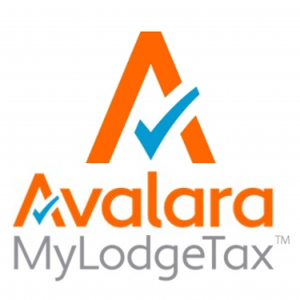Proposed Maui property tax changes could affect short-term rental operators
- Nov 20, 2017 | MyLodgeTax

Short-term vacation rental owners in Maui, Hawaii, are concerned that proposed changes in property tax classifications could increase their property taxes.
The Maui County Council Budget and Finance Committee recently submitted two bills that could affect short-term vacation rental owners. One of those bills would create a new property tax category for short-term rentals, which are currently classified in the commercial category.
The new short-term category would also include condominiums where short-term rentals are allowed as well as short-term rentals in areas zoned for hotels, which are now placed in the hotel and resort category.
A second bill would classify condominium units according to their “highest and best use,” rather than their “actual” use, as they are categorized now. This could result in condo units being placed in the short-term rental category if, for example, they are built on properties zoned for hotels, have received conditional permits to operate short-term rentals, or are grandfathered in for short-term rentals.
Short-term rental owners who use their rental properties as their primary residence would not be affected by the classification change.
Although no rates for the new short-term classification have been proposed, Tom Croly of the Maui Vacation Rental Association said he believed that property taxes would rise for owners of properties classified in the new category.
“I can guarantee you that rate (for the short-term rental tax category) is not going to be lower than the current rate of the hotel class,” he said. “It is really obvious right now that rate is going to be at least as high as the hotel classification,” Croly told the Maui News. According to Croly, at least 2,900 property owners in Maui County could see higher property taxes under the plan.
Officials said any financial impact of the change cannot be estimated until rates are actually set. The County Council will set property tax rates in June.
Currently, the commercial property tax rate is $7.28 per $1,000 of net taxable assessed valuation, while the hotel rate is $9.37 per $1,000. The tax rate in the apartment classification is $6.32 per $1,000. This category includes units whose owners do not rent their units out for short term, but are located in complexes where short-term rentals are allowed. Under the proposed rules, their classification and rates could change. The new classification could also include short-term rental permit holders in residential districts, whose current property tax rate is $5.54 per $1,000.
Although owners of short-term vacation rentals in Hawaii must pay property taxes out of their own pockets, they’re also responsible for collecting lodging taxes from their guests and passing the revenues on to the state. These taxes on the cost of accommodations include a 9.25 percent transient accommodations tax (TAT) and a 4 percent general excise tax (GET). Fortunately for the owner, it’s their guest actually footing the bill on these taxes, but the host still bears the responsibility for filing the returns and remitting the tax payments.
Airbnb and Hawaii Gov. David Ige are in talks about an agreement for Airbnb to collect accommodations taxes on behalf of Hawaii owners who list their short-term rentals with the online platform. Other online short-term rental listing platforms leave it up to owners to collect and file lodging taxes. So even if Airbnb is successful in negotiating to collect the TAT and GET on behalf of its hosts in Hawaii, vacation rental owners must still be mindful of their responsibility to collect and remit these taxes on any bookings earned through other platforms.











